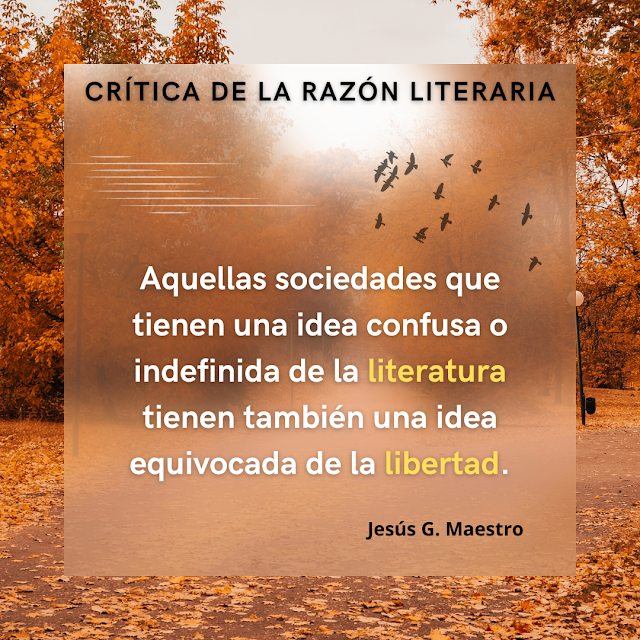Joseph Rudyard Kipling
(Bombay, 30 de diciembre de 1865 - Londres, 18 de enero de 1936)
If—*
If you can keep your head when all about you
Are losing theirs and blaming it on you;
If you can trust yourself when all men doubt you,
But make allowance for their doubting too;
If you can wait and not be tired by waiting,
Or, being lied about, don't deal in lies,
Or being hated, don’t give way to hating,
And yet don’t look too good, nor talk too wise:
If you can dream—and not make dreams your master;
If you can think—and not make thoughts your aim;
If you can meet with Triumph and Disaster
And treat those two impostors just the same;
If you can bear to hear the truth you've spoken
Twisted by knaves to make a trap for fools,
Or watch the things you gave your life to broken,
And stoop and build 'em up with wornout tools;
If you can make one heap of all your winnings
And risk it on one turn of pitch-and-toss,
And lose, and start again at your beginnings
And never breathe a word about your loss;
If you can force your heart and nerve and sinew
To serve your turn long after they are gone,
And so hold on when there is nothing in you
Except the Will which says to them: "Hold on";
If you can talk with crowds and keep your virtue,
Or walk with kings—nor lose the common touch;
If neither foes nor loving friends can hurt you;
If all men count with you, but none too much;
If you can fill the unforgiving minute
With sixty seconds' worth of distance run
Yours is the Earth and everything that's in it,
And —which is more— you'll be a Man my son!
Si…
Si puedes mantener la cabeza firme cuando todos los demás
la hayan perdido y de todo a ti te culpen...
Si puedes confiar en ti mismo cuando todos te cuestionen,
sin dejar de tener muy en cuenta sus críticas...
Si sabes esperar sin retirarte,
o si al engaño sabes responder sin otro engaño,
y si al odio evitar sabes sin más odio,
sin fingir ni bondad ni inteligencia...
Si sabes soñar sin que tus sueños te dominen,
si sabes pensar sin que tus pensamientos te obsesionen,
si puedes encararte con el triunfo y la derrota
y tratar por igual a tales impostores...
Si eres capaz de soportar esa verdad que tú mismo afirmas,
tergiversada en boca de rufianes que se engañan entre necios...
o de contemplar la destrucción de todo aquello por lo que has dado la vida,
y apearte de nuevo para rehacerlo con exhaustos recursos...
Si tienes el valor de reunir toda tu hacienda
y arriesgarte a jugártela en una sola carta,
y perder, y volver a empezar,
y saber callar tu fracaso...
Si puedes dominar tu corazón, vigor e impulsos,
cumplir con la fortuna incluso cuando te haya abandonado,
y resistir aun cuando de nada dispongas,
salvo una fuerza de voluntad que te dice «¡Resiste!»...
Si puedes hablar en público sin ser un farsante,
codearte con reyes sin dejar de ser humilde,
sin incordiar ni a amigos ni a enemigos...
Si la gente puede confiar en ti sin osadía...
Si puedes, implacable, satisfacer cada minuto de tu vida
con sesenta segundos de labor diligente...
tuya es la Tierra y cuanto hay en ella,
y ―lo que es más―, hijo mío: ¡serás todo un Hombre!
© Traducción española de Jesús G. Maestro
____________________
NOTA
[*] Poema escrito originariamente en 1895, y publicado en 1910, en Rewards and fairies, Toronto, Macmillan.
* * *
⸙ Capítulos relacionados
- V, 5.4.9 - Novela epistolar en el Quijote.
- V, 5.4.10 - La literatura gnomológica y la genología del Quijote.
Vídeos recomendados
Desmitificación del poema «If...» de Kipling:
¿literatura parenética o cultura de autoayuda y autoengaño?
..jpg)
